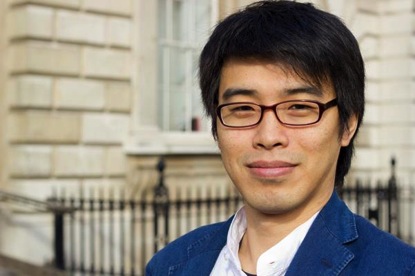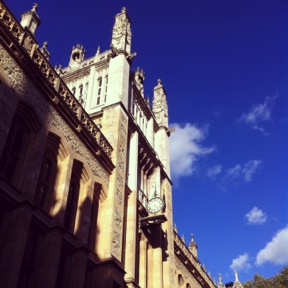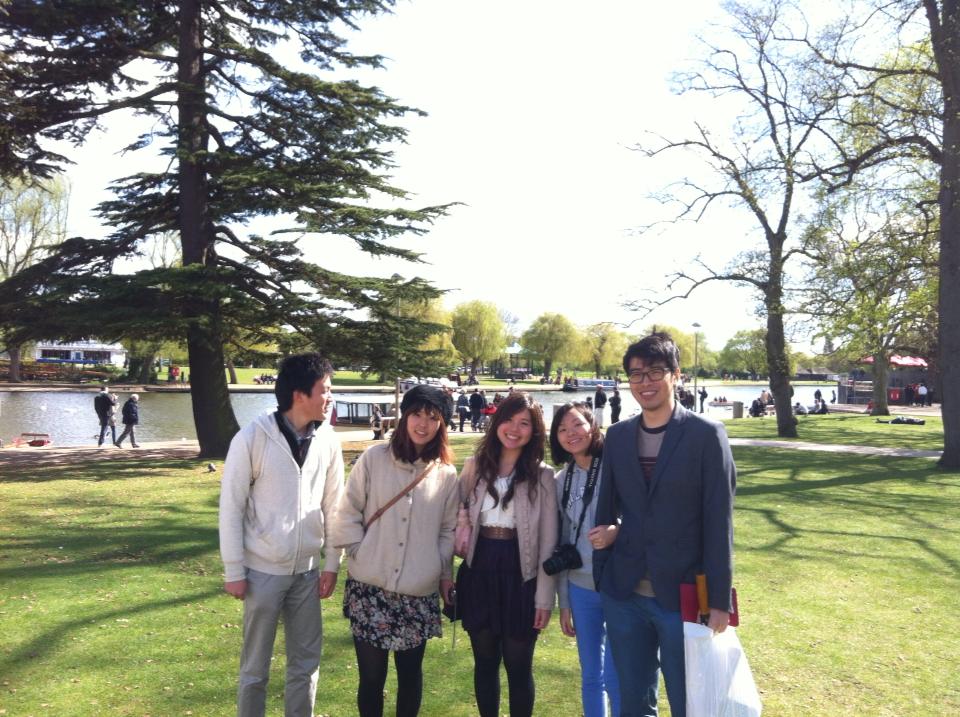The appeal of studying at two locations – Singapore and London – for my PhD was the main reason I chose the NUS-King’s College London Joint PhD programme.
I began my PhD at NUS, under the supervision of A/P John Phillips, which allowed me to be close to my field of study in local religious practices. After completing my local fieldwork, I moved to London to begin my writing process. There, I received supervision from Dr. Kélina Gotman and was part of the Performance Research Group of the English department.
Having two supervisors gave me fresh perspectives on my research and I was able to develop my thesis in ways that I had previously not considered. I was able to scrutinise my arguments more thoroughly and learnt how to articulate my ideas and theories to readers from different positions.

London life was eye-opening too; a cultural capital where a variety of performances, cultural events, and academic talks are constantly held. I developed an enjoyable routine where I would take rides in the notorious tube service, arrive at Dr. Gotman’s office (situated along a narrow corridor), where we would discuss various topics and tangents stemming from my thesis. After this, I went either to the theatres or spent the evening figuring out how to make Chinese food with the ingredients I could get from Tesco or Chinatown.

My work also became more multi-dimensional. Having two institutions meant that I had access to two libraries, worked with two supervisors who had very unique points of view, and became part of a network of international scholars, academics and practitioners who possessed noteworthy experiences I could learn from.
The past four years in the programme have broadened my worldview, and I returned with more knowledge and experiences that have come to redefine me as a researcher, and most of all, as a person.
The greatest advantage of this joint initiative is being able to interact with various people and research communities, and share our thoughts and interests with each other. There are opportunities to meet other graduate students as well. Both universities run short courses and skills-based workshops where students from different disciplines meet. I learnt how to shift from one paradigm to another, switch from one language to another, apply different skills in different situations and immerse in cultures both familiar and unfamiliar. The intercultural exchange between the two institutions and cultures benefitted me most.
Being away from my comfort zone and home was the biggest challenge. I had to learn how to adapt and adjust to my surroundings. Sometimes I would face issues that were very foreign to me and I had to learn to react accordingly. Completing your postgraduate studies is like running a long marathon race, and at certain points, you might find yourself alone in your journey. Thankfully those moments were rare and few in between, due to the large number of international students in both institutions. There were really basic problems to confront like finding a plumber to fix my boiler that broke down during the long and harsh winter!

Winter 2012. The whole space is converted to an ice skating rink every December.

The Maughan library near the Strand campus is a massive labyrinth that houses an impressive collection of books, and was one of my favourite places to spend time in. My dual library accounts gave me access to digital versions of international journals and e-resources from the catalogues of both libraries. As a UK student, I could also access the British Library. I cannot stress how invaluable that is for a researcher.
It has been a really humbling and enriching experience as a whole. I feel incredibly fortunate to have gone through the Joint PhD at two outstanding institutions and I do hope prospective doctoral students would consider joining such a remarkable programme.

Contributed by: Alvin Lim, a Joint PhD student with King’s College London, who just graduated in July 2015.